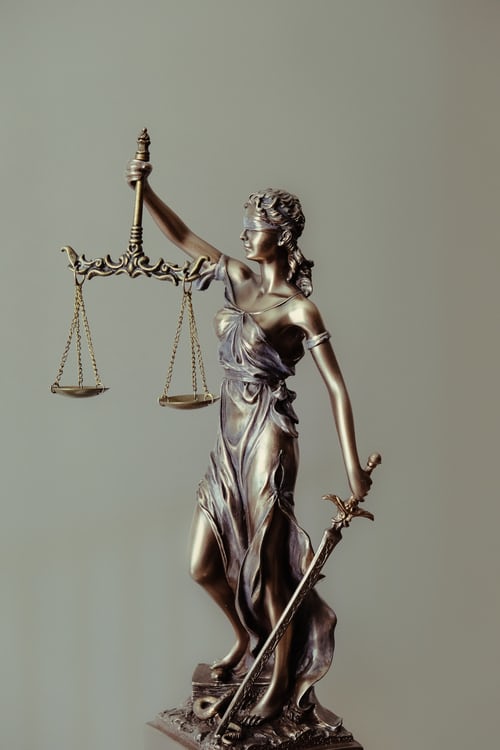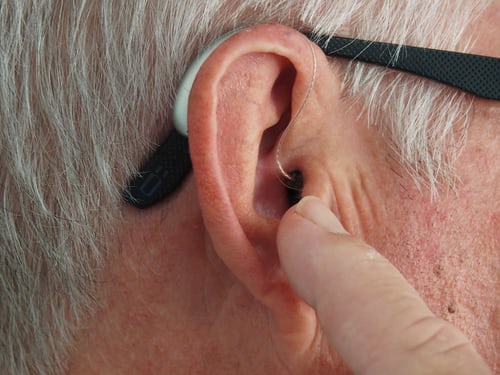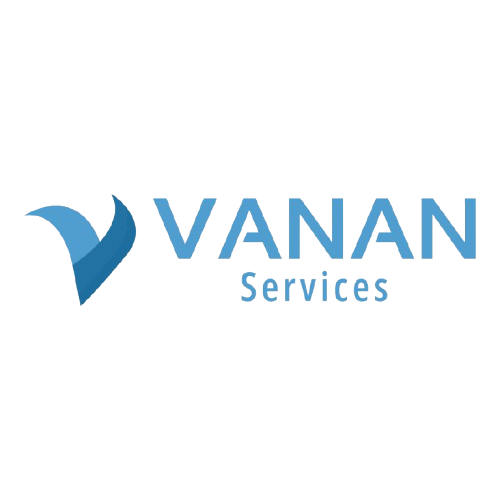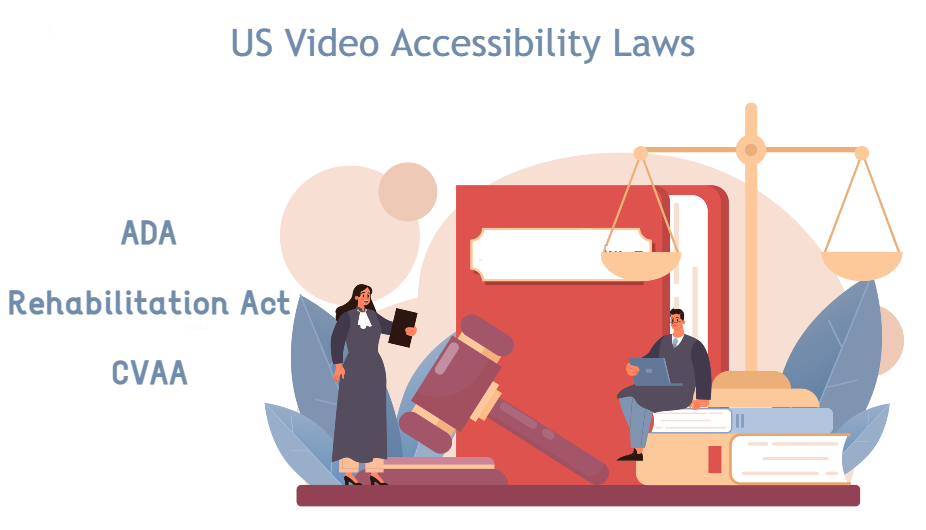Are You Breaking the U.S. Video Accessibility Laws?4 min read
If you are related to video production or distribution in the U.S., it is important for you to understand that appropriate video accessibility to deaf/hard-of-hearing people is subject to federal regulations. As the accessibility laws are now adapting to digital content, it is necessary to know how you can apply them to your business.

The video descriptive services are also playing a vital role in adapting the video accessibility laws for digital video content. They understand the law & its amendments thoroughly. You can hire such services for making your videos accessible and under the laws of the nation.
Some of the most important laws affecting video accessibility have been mentioned below.
Americans with Disabilities Act (ADA)
This law was passed in the year 1990 and set a landmark for accessibility requirements impacting both the private as well as the public entities. This law requires physical access to buildings and on the other hand, also demands auxiliary aids for anyone with disabilities.
ADA doesn’t explicitly mention online videos, captions, or audio-video descriptions, but these are the auxiliary aids for helping videos become more accessible. Video descriptive services are needed for:

- Public entities including governments for both internal & external video communication.
- Public or private businesses that are largely used by the public, like private clubs.
ADA doesn’t specifically address online videos but most of the video accessibility laws include captioning, audio description, and video description.
Maybe the revision of ADA is needed but as of now, any online business or any website which is under any of the 12 categories of public accommodation is subject to regulations of ADA.
Rehabilitation Act (Section 508 & 504)
Two amendments in this 1973 Rehabilitation Act namely Section 504 and 508, took this act to online video content.
The amendment of section 504 made accessibility for disabled people a civil right. Failing in accommodating disabled individuals may lead to a discrimination law for the federal agencies or for the organizations getting federal funding.
The 508 section made accessibility compulsory for electronic media and IT in all the federal programs & for federal services. This law was limited to federal agencies only, but later on, many states passed a law called mini 508 that extended the reach of section 508 to all the federal funding organizations.
Mini 508 included several colleges, art & cultural institutes, research institutes, and various universities. On the other hand, Assistive Technology Act was a law supporting section 508 by not providing funds to the colleges & universities until they comply with section 508.
The section law also needed compliance with WCAG 2.0 Level A & AA. This included that all the pre-recorded videos compulsorily need to have captions & audio descriptions. The live videos must have live captions.
Communications and Video Accessibility Act (CVAA)
This act required closed captions for all the video content that was been broadcast on TV. But, on the other hand, CVAA does not cover the videos that are presented only online and have never appeared on television.
This act has affected the TV broadcast companies alone. If your video has never been aired on TV, you are out of this law. The law also applies to any clips, compilations, or montages as they need to be captioned before being published on TV.
FCC
Multiple FCC mandates were passed in the year 2014 for increasing the closed captioning rules for online video content. This rule also applies to an online video that has previously been appeared on TV.
Some of the prominent updates to the FCC includes:
Quality Standards:FCC declared quality standards for TV captioning that set the model for online video captioning. This included: accuracy of the captions, alignment of the captions with the spoken words, complete captions from the starting till the end, and placement of the captions on the screen.
What Next?
Following these lawsuits and acts is compulsory for all video creators. Not doing so may lead to breaking the law. All the video creators need to hire video descriptive services as the next step. The most important is to find the perfect service partner for video descriptions, audio descriptions, and closed captions.
Vanan Services is a name to trust for world-class video descriptive services. You can hire Vanan services and can get assured high accuracy with superb quality output along with the least turnaround time and at the most reasonable rates.


